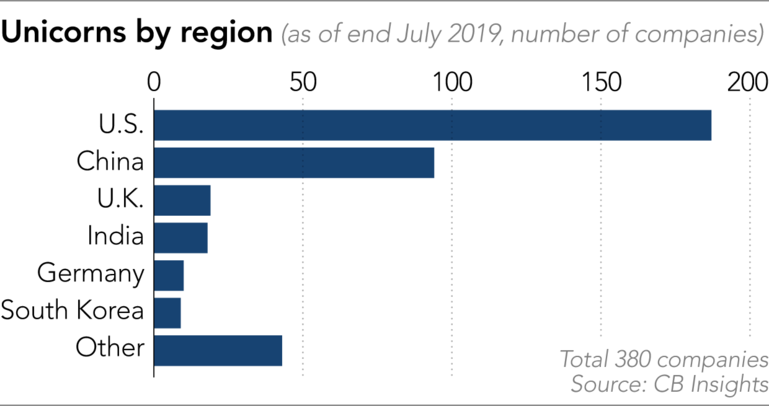In the just published article, "The Perils of High-Powered Incentives: Evidence from Colombia’s False Positives,"Acemoglu, Fergusson, Robinson, Romero, and Vargas investigate incentivizing the military.
We investigate the use of high-powered incentives for the Colombian military and show that this practice produced perverse side effects. Innocent civilians were killed and misrepresented as guerillas (a phenomenon known in Colombia as “false positives”).
Policymakers (and managers) should anticipate that incentivizing an outcome enough will alter behaviors to attain the outcome both by the desired methods and by methods antithetical to the organization. Perhaps, though, for managers the perverse consequences result the deaths of innocents less often.
Without incentives, we should anticipate a principle/agent problem. In this case, that might mean more "false negatives" or more un-apprehended guerillas committing violence against innocents. Setting appropriate incentives to balance the two is a particularly delicate decision-error problem.



